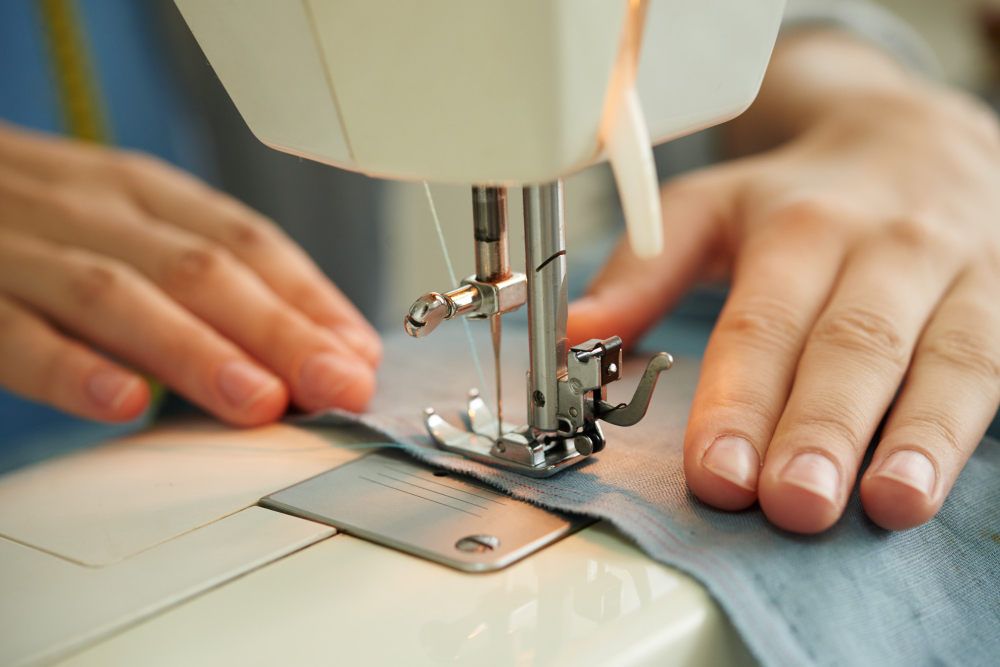The Global Clothes Manufacturing industry has a rich history, with European nations playing a significant role in its development and expansion. From the early stages of handcrafted textiles to the modern era of mechanization and global supply chains, European countries like the UK, USA, Canada, France, Italy, Holland, Belgium, and Poland have contributed to the industry’s evolution. Let’s delve into how these nations became involved in Global Clothes Manufacturing and examine their contributions.
- Pioneering Industrialization:
Europe’s involvement in clothing manufacturing can be traced back to the Industrial Revolution, a period marked by transformative technological advancements. The mechanization of production processes, such as spinning and weaving, revolutionized textile manufacturing. The United Kingdom, often considered the birthplace of the Industrial Revolution, set the stage for the mass production of clothing. Cloth manufacturing companies in the UK began churning out textiles at an unprecedented rate, paving the way for the industry’s global expansion.
- Specialization and Expertise:
As clothing manufacturing evolved, European nations started to specialize in particular aspects of the process, capitalizing on their strengths and resources. Italy, for instance, gained a reputation for producing high-quality textiles and garments, especially in luxury fashion. France became known for its couture and avant-garde designs, while Belgium excelled in knitwear. This specialization allowed each nation to carve out a unique niche in the global market, contributing to the diversity of worldwide clothing options.
- Global Supply Chains:
The concept of global supply chains, where different stages of production take place in various countries, gained prominence. This allowed clothing manufacturers to capitalize on the strengths of different nations. With their vast resources and skilled labour force, the USA and Canada contributed to various stages of the manufacturing process. With its strategic location and efficient ports, the Netherlands became a hub for distribution. Poland, known for its cost-effective manufacturing, played a vital role in the production of garments. These collaborations laid the foundation for a highly interconnected global clothing manufacturing network.
- Diverse Product Range:
The diversity of clothing items produced by European nations further solidified their position in the global market. The UK, for example, boasts a wide range of cloth manufacturing companies producing everything from T-shirts & Tops, Hoodies & Sweatshirts, Jeans & Denim, Tracksuits & Twinsets, Coats & Jackets, Formal Shirts, Sports & Performance attire, Leather Jackets, Nightwear, and Gloves, Caps & Scarves manufacturers in the UK. This diversity met the varied demands of consumers worldwide, establishing European nations as reliable sources for many clothing styles.
- Innovation and Design:
European nations have consistently been at the forefront of fashion innovation and design. They have set trends, pushed boundaries, and influenced clothing preferences worldwide. Their focus on quality, aesthetics, and staying ahead of fashion curves has solidified their reputation as global fashion leaders.
- Sustainability Initiatives:
In recent years, European clothing manufacturers have also taken strides towards sustainability. With increased awareness of environmental concerns, these nations are adopting eco-friendly practices, using sustainable materials, and ensuring ethical production processes. This commitment aligns with changing consumer preferences for sustainable and responsible fashion.
In conclusion, the involvement of European nations in global clothing manufacturing results from historical factors, specialization, innovation, and the strategic utilization of resources. The UK, USA, Canada, France, Italy, Holland, Belgium, and Poland have each contributed their unique strengths to create a vibrant and interconnected global clothing industry. From cloth manufacturing companies in the UK producing an array of clothing items to the design prowess of France and the specialization of Italy, European nations continue to shape and define the world of fashion.


